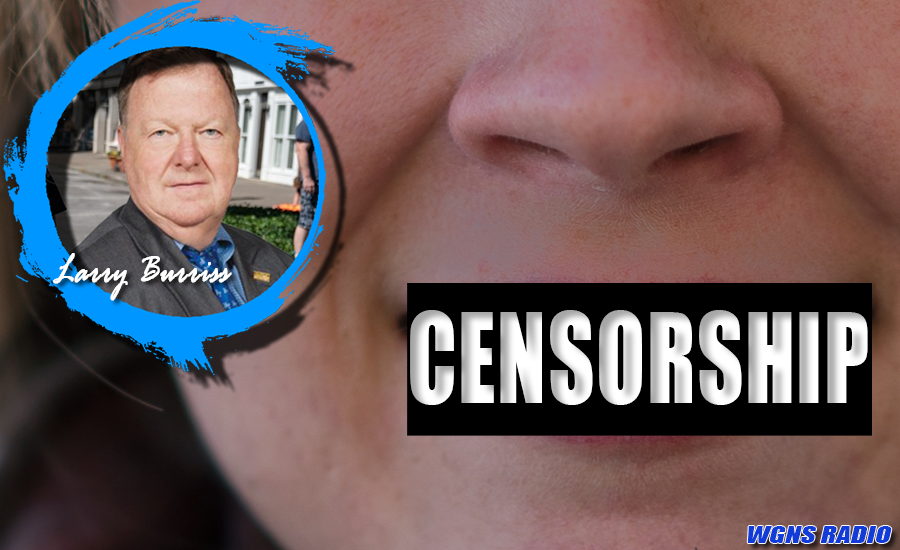In today’s commentary, MTSU Professor Larry Burriss takes a look at the issue of freedom of expression, divisive concepts and more…
Continued...
VERBATIM of Commentary Audio Above: Earlier this month the Tennessee Senate passed the so-called “divisive concepts” bill, ostensibly designed to ensure college courses don’t include material some people feel is well, “divisive.” And, as might be expected, the bill has drawn criticism from across the state by people who feel it infringes on academic freedom.
Let me say right off, the bill does exactly that. At heart it prevents college teachers from using material some people feel is divisive or offensive. And it requires colleges and universities to take a survey every two years to see what students think about the campus climate.
The issue of freedom of expression has also been brought up, and we need to remember the First Amendment applies to government, including state schools, not private schools or non-government entities such as companies or stories.
So here is what I think is particularly interesting.
It wasn’t so long ago schools were circulating lists so what were called “trigger words.” These were words teachers shouldn’t use in class because some of the more sensitive students might be offended.
And the same people who are claiming academic freedom today are the same ones who decided books like “The Adventures of Tom Sawyer” and “To Kill a Mockingbird” should be removed from reading lists because some people found them offensive.]
And don’t’ forget the recent furor over a couple of Dr. Seuss books.
So I wonder what would happen if a college teacher wanted to show the Walt Disney movie “Song of the South.”
To be sure, the film generated controversy from its opening day in 1946, but it’s also interesting the character of Uncle Remus is played by James Baskett, the first African-American to win any kind of Academy Award, when he was awarded an honorary Oscar.
So when you ban the film, you are banning an historic movie portrayal by an award-winning African-American. Interesting.
I’ve never understood why it seems to be ok to ban some kinds of work because they are offensive, but it’s not okay to ban other kinds of offensive works.
Shouldn’t freedom for one mean freedom for all? - I’m Larry Burriss.
About Dr. Burriss
Larry Burriss, professor of journalism, teaches introductory and media law courses. At the graduate level he teaches quantitative research methods and media law. He holds degrees from The Ohio State University (B.A. in broadcast journalism, M.A. in journalism), the University of Oklahoma (M.A. in human relations), Ohio University (Ph.D. in journalism) and Concord Law School (J.D.). He has worked in print and broadcast news and public relations, and has published extensively in both academic and popular publications. He has won first place in the Tennessee Associated Press Radio Contest nine times. Dr. Burriss' publications and presentations include studies of presidential press conferences, NASA photography, radio news, legal issues related to adolescent use of social networking sites, legal research, and Middle Earth.
Dr. Burriss has served as director of the School of Journalism, dean of the College of Mass Communication and president of the MTSU Faculty Senate. He was appointed by Gov. Phil Bredesen to serve on the Tennessee Board of Regents. He was a lieutenant colonel in the U.S. Air Force and served on active duty in Mali, Somalia, Bosnia, Central America, Europe and the Pentagon.






